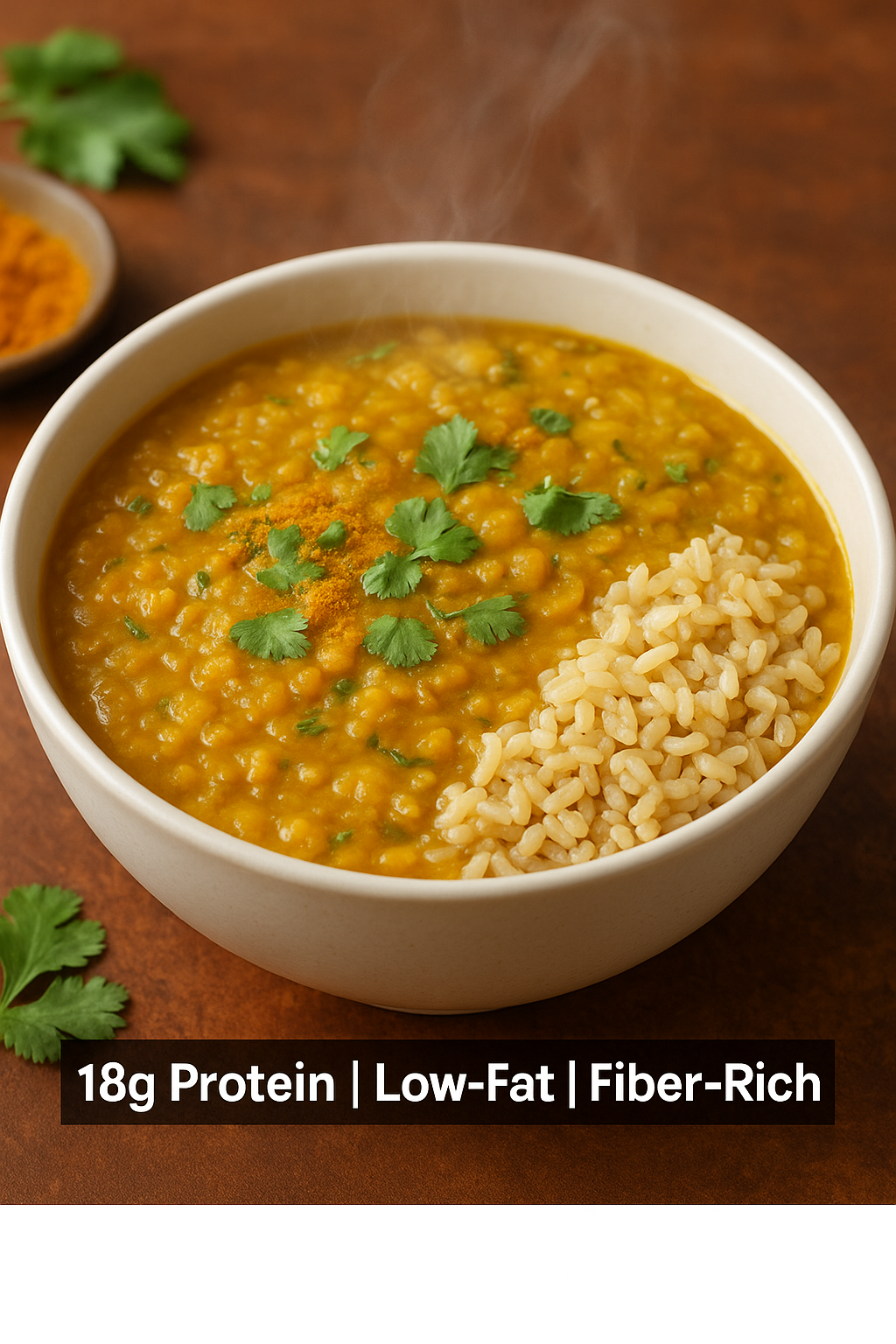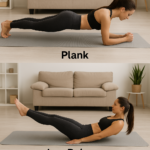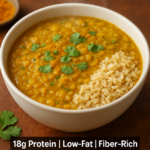🥗 Best Lean Protein Sources for Vegetarians: A Practical Guide
Nutrabay Pure Pea Protein Isolate
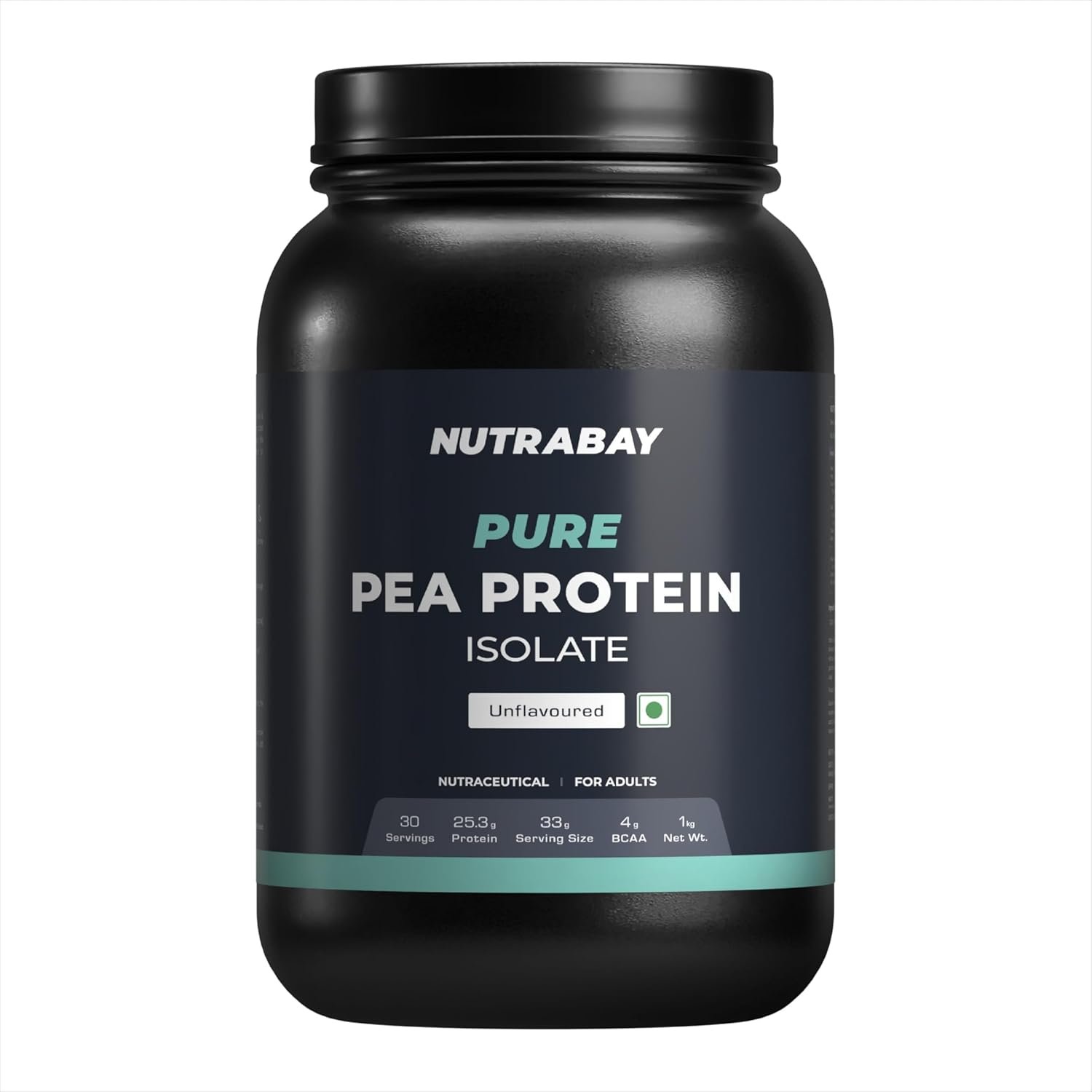
Plant Protein
- 25.3g Protein Per Serving
- 1 Kg Unflavoured
- 30 Servings
- Muscle Growth & Recovery
If you’re following a vegetarian diet and aiming to meet your daily protein goals, you’re likely wondering: Can I get enough lean protein without meat? The answer is a big yes.
As a certified nutrition specialist with over a decade of experience working with plant-based athletes and weight-loss clients, I’ve seen how powerful lean vegetarian protein sources can be in transforming health and fitness.
In this article, we’ll break down the best lean protein sources for vegetarians, how to use them, and what makes each one ideal for muscle building, fat loss, or general wellness.
🥦 Why Lean Protein Matters on a Vegetarian Diet
Protein plays a vital role in muscle repair, hormone regulation, metabolism, and satiety. But not all proteins are created equal. Lean proteins offer high protein content with minimal fat, making them ideal for:
- Weight loss
- Muscle gain
- Balanced energy
- Digestive health
Vegetarians often hear myths about incomplete proteins and lack of amino acids. In reality, by combining the right foods, you can meet (and even exceed) your protein needs.
🥣 1. Lentils – Affordable & Protein-Packed
Lentils are a staple in vegetarian nutrition and for good reason.
- Protein: ~18g per cooked cup
- Fat: <1g
- Rich in: Fiber, folate, magnesium
They’re incredibly versatile—you can make soups, curries, lentil salads, or even veggie patties.
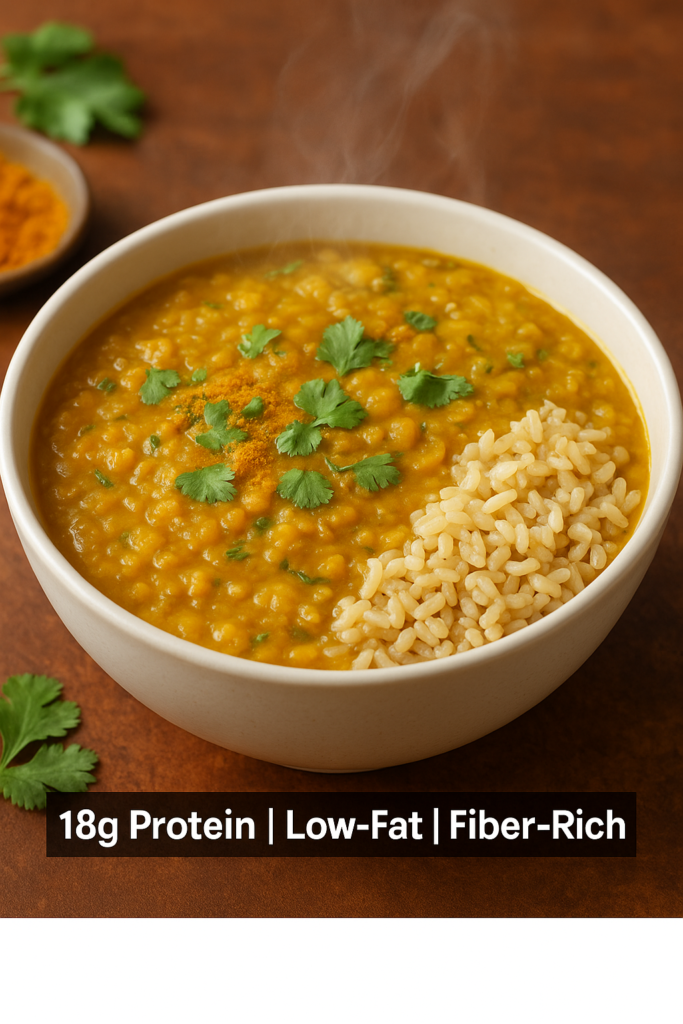
🫘 2. Chickpeas & Other Legumes – Easy to Cook, Easy to Love
Chickpeas (aka garbanzo beans) are nutritional all-stars when it comes to lean vegetarian protein sources.
- Protein: ~15g per cooked cup
- Fat: ~2g
- Bonus: High in iron and B vitamins
Use them in hummus, roasted snacks, salads, or stews.
📸 Image Prompt: Mediterranean bowl with roasted chickpeas, quinoa, cucumbers, tomatoes, and tahini dressing
🍢 3. Tofu & Tempeh – Soy-Based Lean Muscle Fuel
Tofu and tempeh are complete protein sources—meaning they contain all nine essential amino acids.
- Tofu (firm): ~10g protein per 100g
- Tempeh: ~19g protein per 100g
- Fat: Moderate, mainly unsaturated
These are great for grilling, stir-frying, or marinating for high-protein vegetarian meals.
📸 Image Prompt: Grilled tofu or tempeh skewers on a bed of brown rice with sesame seeds and greens
✅ LSI Keywords used: soy protein, vegetarian bodybuilding foods, complete plant-based protein
🥛 4. Greek Yogurt & Skim Milk – Dairy for Lacto-Vegetarians
If you’re okay with dairy, these are some of the leanest and most bioavailable protein sources.
- Non-fat Greek yogurt: ~20g protein per cup
- Skim milk: ~8g protein per cup
- Fat: Minimal
Ideal for breakfast smoothies, snacks, or post-workout recovery.
📸 Image Prompt: Yogurt bowl topped with berries, chia seeds, and almonds with a glass of skim milk
✅ LSI Keywords used: high protein dairy foods, low-fat vegetarian options
🌾 5. Quinoa – The Plant-Based Complete Grain
Quinoa is one of the only grains that’s a complete protein.
- Protein: ~8g per cooked cup
- Fat: ~3g (mostly heart-healthy fats)
It’s gluten-free and works beautifully in salads, bowls, or as a rice replacement.
📸 Image Prompt: Colorful quinoa bowl with black beans, avocado, corn, and lime wedges
🌱 6. Edamame – Green, Crunchy, and Protein-Rich
Edamame (young soybeans) are excellent as snacks or added to stir-fries.
- Protein: ~17g per cup
- Fat: ~8g (healthy fats)
They’re rich in fiber, antioxidants, and essential amino acids.
📸 Image Prompt: A bowl of boiled edamame sprinkled with pink salt and a lemon wedge on the side
🌿 7. Nutrabay Pea Protein – A Clean, Lean, Plant-Based Boost
If you struggle to hit your protein targets from whole foods alone, pea protein powder is a fantastic supplement—and one of the cleanest plant-based options out there.
💥 My personal recommendation: Nutrabay Pure Raw Pea Protein
- Protein: 24g per scoop
- Fat: 0.5g
- Carbs: 1.5g
- Free from: Dairy, soy, gluten, and added sugar
It blends well into smoothies, oatmeal, or pancake batter. Whether you’re bulking up or slimming down, this is one supplement I recommend to all vegetarian clients.
📸 Image Prompt: Protein shake made with Nutrabay Pea Protein, almond milk, banana, and a scoop of powder on the side with shaker bottle
✅ LSI Keywords used: vegan protein powder, plant-based protein supplement, dairy-free protein
🌰 8. Nuts & Seeds (In Moderation)
While they’re higher in fats, small portions of almonds, chia seeds, and pumpkin seeds offer a strong protein punch.
- Chia seeds (2 tbsp): ~5g protein
- Almonds (¼ cup): ~7g protein
Use them as toppings or blend into smoothies for texture and nutrition.
📸 Image Prompt: Flat lay of assorted seeds and nuts in wooden spoons labeled with protein values
🧠 Expert Tips to Maximize Vegetarian Protein Intake
✔️ Combine grains + legumes (e.g., rice + lentils = complete protein)
✔️ Plan meals ahead to balance macros
✔️ Use pea or soy-based protein powders post-workout
✔️ Avoid deep-fried versions of protein foods to keep it lean
✔️ Track with apps like Cronometer or MyFitnessPal
✅ Final Thoughts: You Can Absolutely Thrive on Vegetarian Protein
With a little planning, vegetarians can easily meet protein goals using clean, lean plant-based sources. From lentils and tofu to pea protein supplements, your options are varied, delicious, and effective.
Whether you’re working toward weight loss, muscle growth, or just feeling more energized, these foods can help you reach your goals—meat-free and guilt-free.
